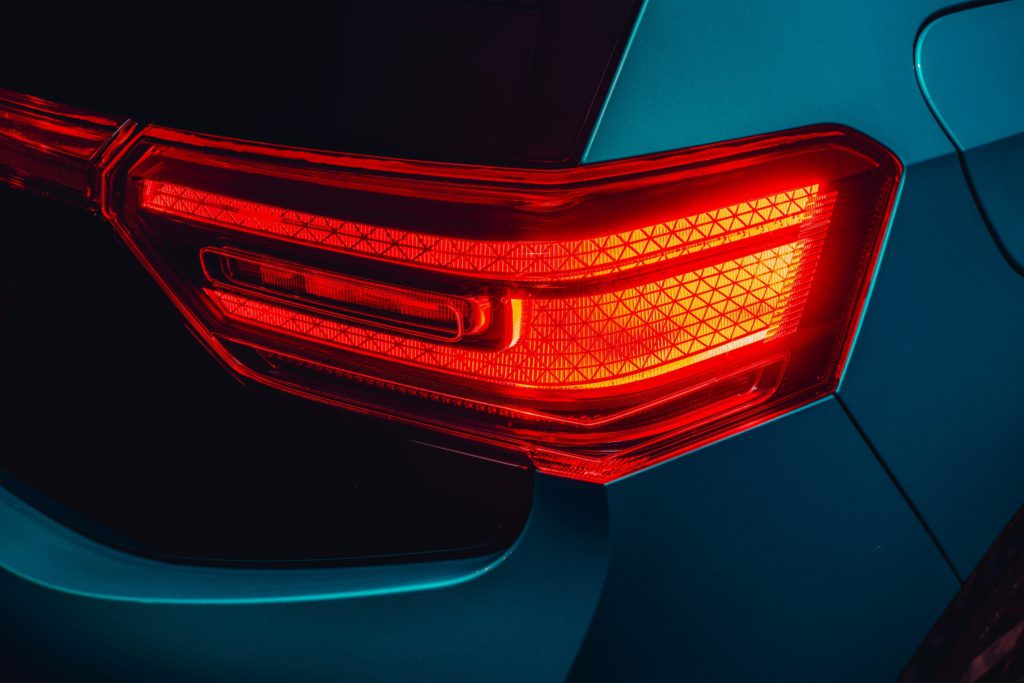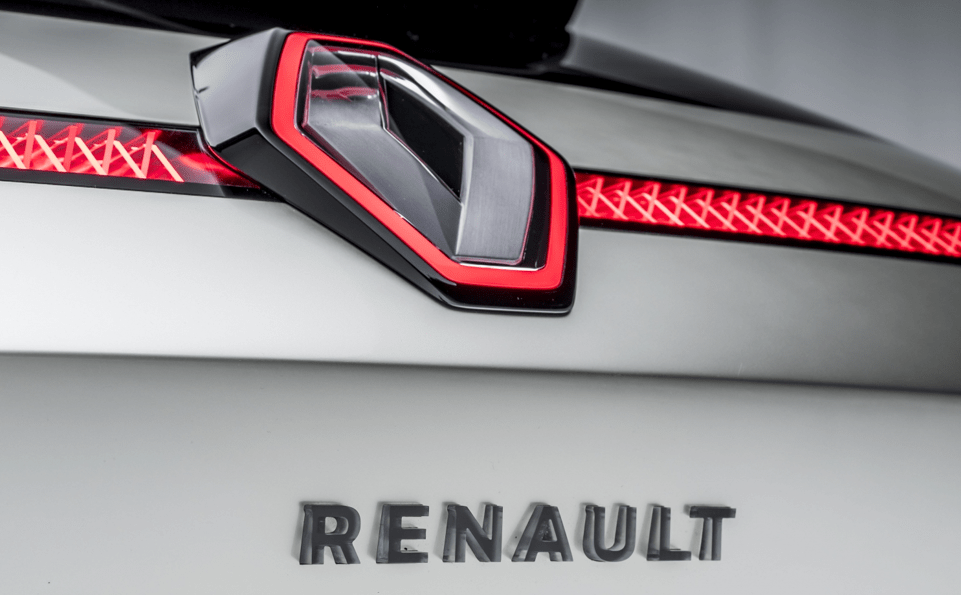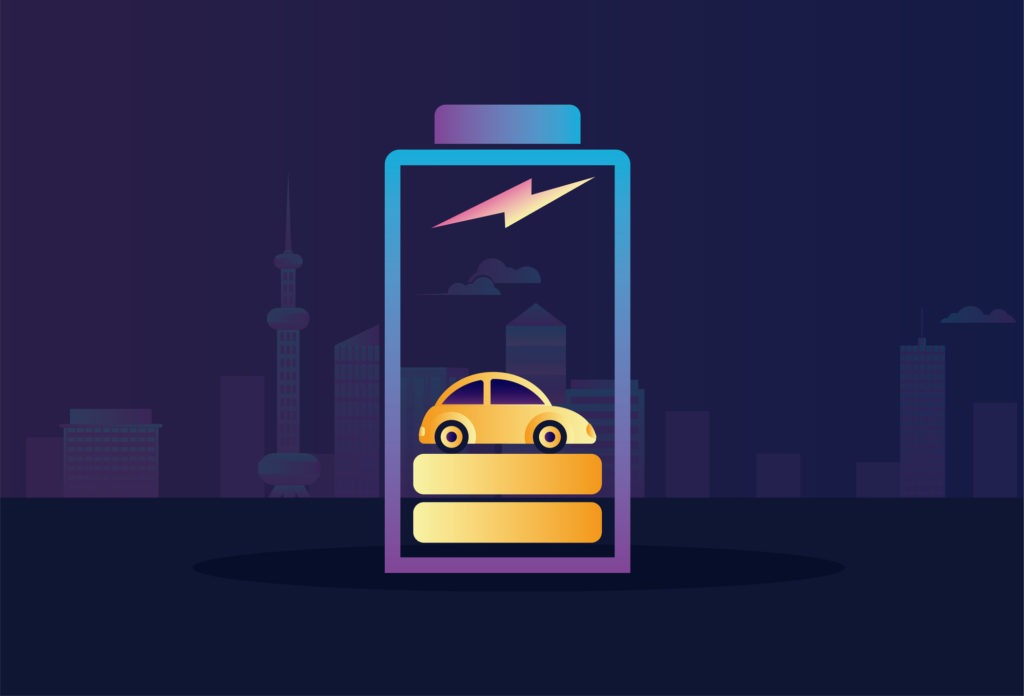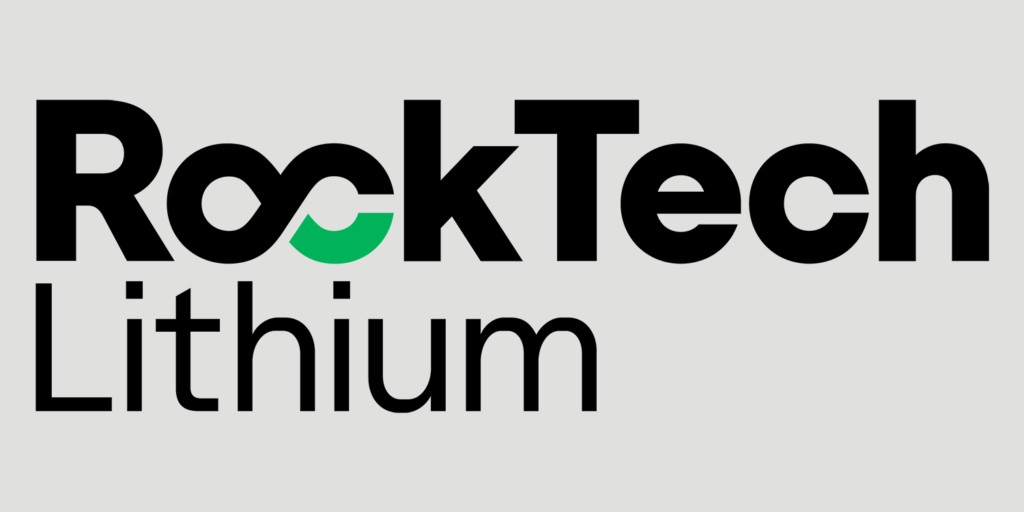VW secures lithium supply in deal with Vulcan Energy
13 December 2021

German-Australian lithium developer Vulcan Energy is on a roll and has scored another supply deal, this time with Europe’s largest carmaker Volkswagen (VW) Group. The startup has recently signed similar agreements with Stellantis and Renault as manufacturers are eager to build a reliable supply chain in Europe.
Traditional carmakers like VW are ramping up their electrification targets and they cannot go it alone to succeed in the space, with partnerships playing a major role in securing raw materials, such as lithium – a key component found in electrically-chargeable vehicles (EVs). VW has one of the most ambitious strategies when it comes to EVs. The manufacturer aims to become the global market leader in EVs by 2025, with the company saying it is well on track to achieve this target.
Focus on battery technology
Unsurprisingly then, battery technology has become a major field of investment for the German carmaker. In Europe, VW plans to build six gigafactories by 2030, laying its focus on volume production of more sustainable batteries. Sourcing lithium locally is vital to build a reliable European supply with a smaller environmental footprint.
Vulcan Energy has quickly built a reputation for itself as the company’s European project, which is based in Germany’s Upper Rhine Valley, reduces the high carbon footprint and costs involved in transporting lithium chemicals. Its less emissions-intensive technology to source lithium has become a unique selling point that has found appeal among major carmakers. By adding VW to its customer base, Vulcan is also garnering attention among investors keen to back the lithium-market darling.
‘Through this agreement, Vulcan Energy will become a major enabler of VW’s world-leading target to produce carbon-neutral EVs, including all raw materials in the battery supply chain,’ said Vulcan’s managing director Francis Wedin. ‘We look forward to working closely with VW to build sustainable, local lithium supply for the German and European automotive sector.’
Carbon-free lithium
The listed startup is currently developing a project to produce CO2-free lithium in Germany, using a local and lithium-rich geothermal brine. Its zero-carbon project has one main objective: to establish a sustainable and regional source of lithium from one of Europe’s largest deposits. The production process does not require fossil fuels or evaporation ponds. Its lithium-extraction method uses less groundwater, land, and energy than more common methods to source the raw material.
Similar to the agreements signed with Stellantis and Renault, the binding contract between Vulcan and VW will run over a period of five years, starting in 2026. The carmaker said the partnership will help secure its demand for future in-house cell production, in Germany and elsewhere in Europe. Further aspects of a potential strategic partnership are under negotiation.
In September, VW opened a laboratory centre for battery cells in the German town of Salzgitter, signalling a major step for the carmaker in developing and producing its own battery cells. From 2025, its unified cell is scheduled to roll off the production line there. Procuring materials, including lithium, will help the company push ahead with its electrification and battery-technology goals.
To realise its targets, VW has also announced a joint venture with Belgian chemicals and recycling company Umicore, with the aim of supplying cathode materials to VW’s European battery-cell factories.
‘Volkswagen is implementing its battery strategy very consistently and at a high pace. Volkswagen’s unified cell must be at the forefront of performance, costs and sustainability right from the start,’ said Thomas Schmall, VW board member. ‘With our new partners, we are one step closer to reaching this goal. Together, we will focus on key parts of the battery value chain and develop cutting-edge technologies.’



